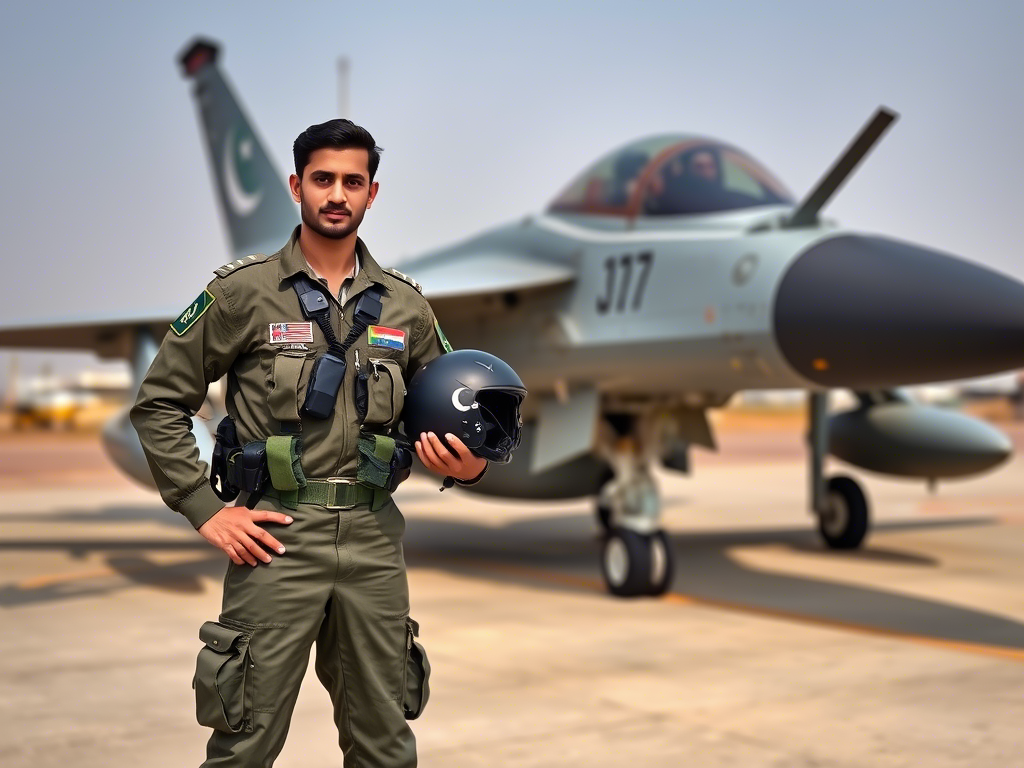Pakistani Pilot Captured Alive in India: What Really Happened Last Night?

The Night Everything Escalated
Ever had one of those nights when everything seems quiet, and then—boom—your phone lights up with breaking news? That was me last night, sipping chai and scrolling through cricket memes when my feed exploded: “Pakistani pilot captured alive in India.”
At first, I thought—maybe it’s just another Twitter rumor. But this wasn’t your usual misinformation wave. Verified news portals and defense analysts started confirming it: Indian forces had reportedly shot down Pakistani jets during a cross-border air skirmish… and at least one pilot was in Indian custody.
So, What Really Happened?
According to early reports, Pakistan launched a wave of drones and missiles across Indian territory—mainly targeting border zones in Rajasthan and Jammu. In retaliation, the Indian Air Force scrambled fighter jets and brought down multiple Pakistani aircraft, including a few F-16s and JF-17s.
And here’s the real kicker: one Pakistani pilot ejected and landed near Jaisalmer. Locals spotted him. Indian security forces captured him alive.
Now, this isn’t the first time such drama has unfolded between the two nations. Remember 2019? Wing Commander Abhinandan’s moustache became a national symbol of pride. This incident feels eerily familiar—but make no mistake, tensions today are way more fragile.
Why This Is a Big Deal
- Diplomatic Domino Effect: A captured pilot isn't just a military win—it’s a PR and diplomatic goldmine.
- Tensions on a Knife’s Edge: Both countries are already on high alert. A single misstep can spark full-scale retaliation.
- Media War: With deepfakes and AI-generated propaganda flooding social media, separating fact from fiction is tougher than ever.
FAQs
Was the Pakistani pilot officially confirmed captured? Not yet by the Indian government, but multiple reputable news agencies have reported it.
What will India do with the pilot? Likely follow Geneva Convention rules, but the strategic messaging will be loud and clear.
Could this lead to a war? Not necessarily. But it definitely raises the stakes and puts both nations in a high-risk game of chess.

